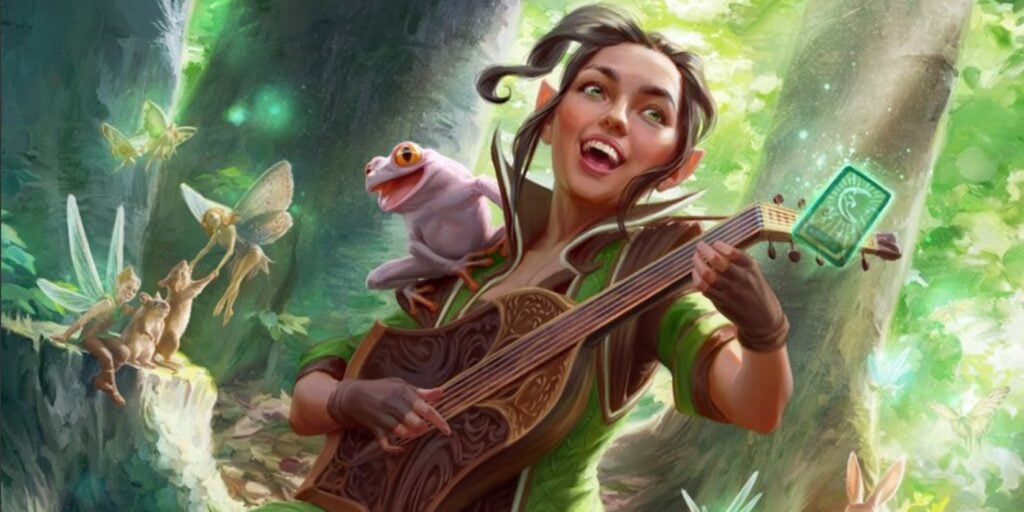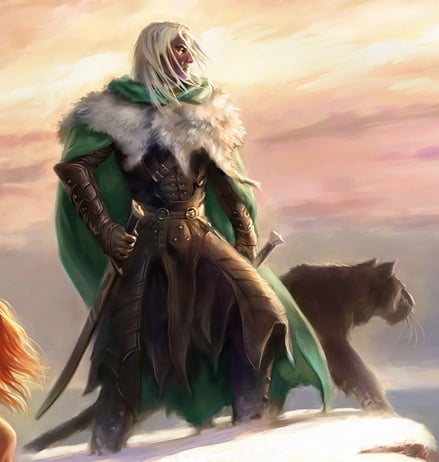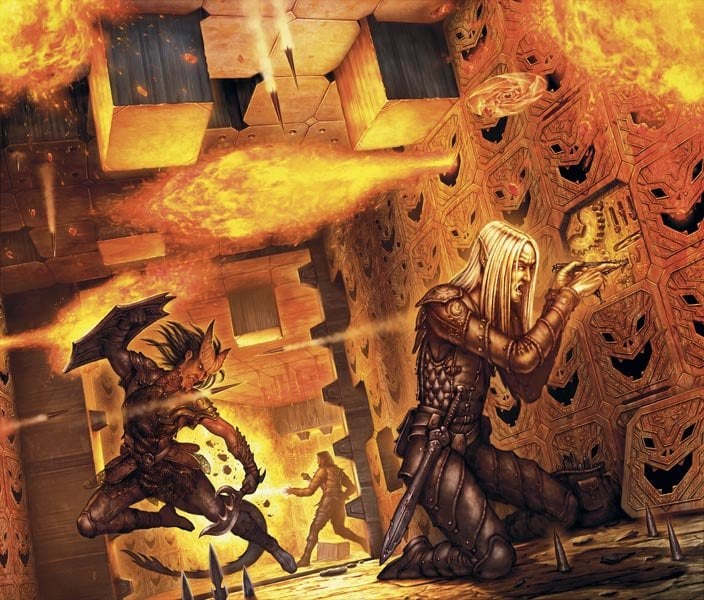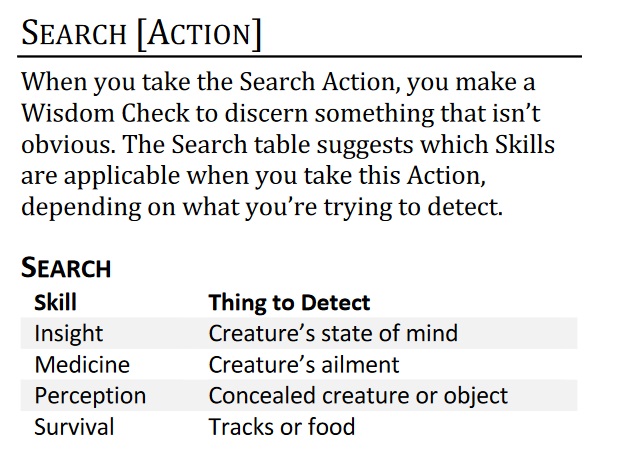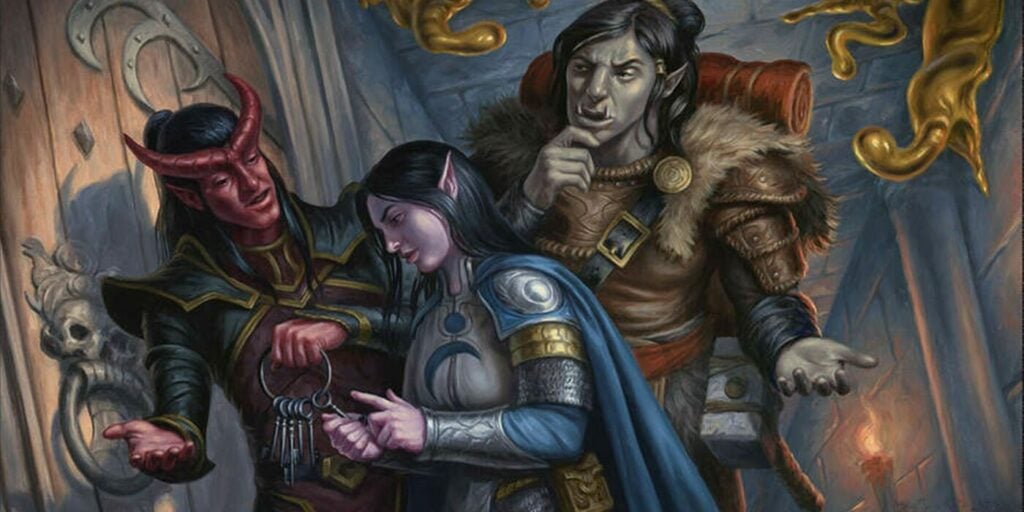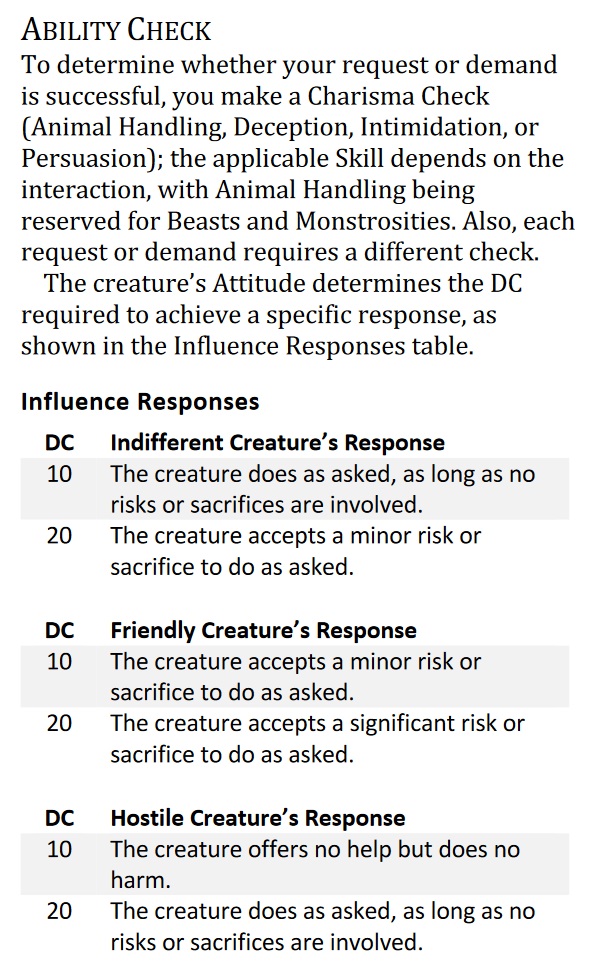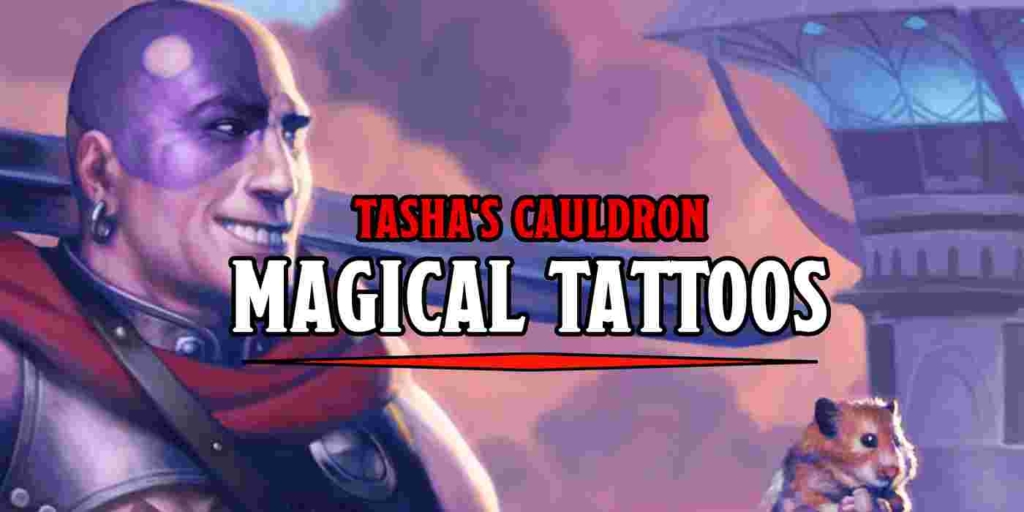‘One D&D’s New Core Rules Make the Game Work the Way You’ve Already Been Playing It
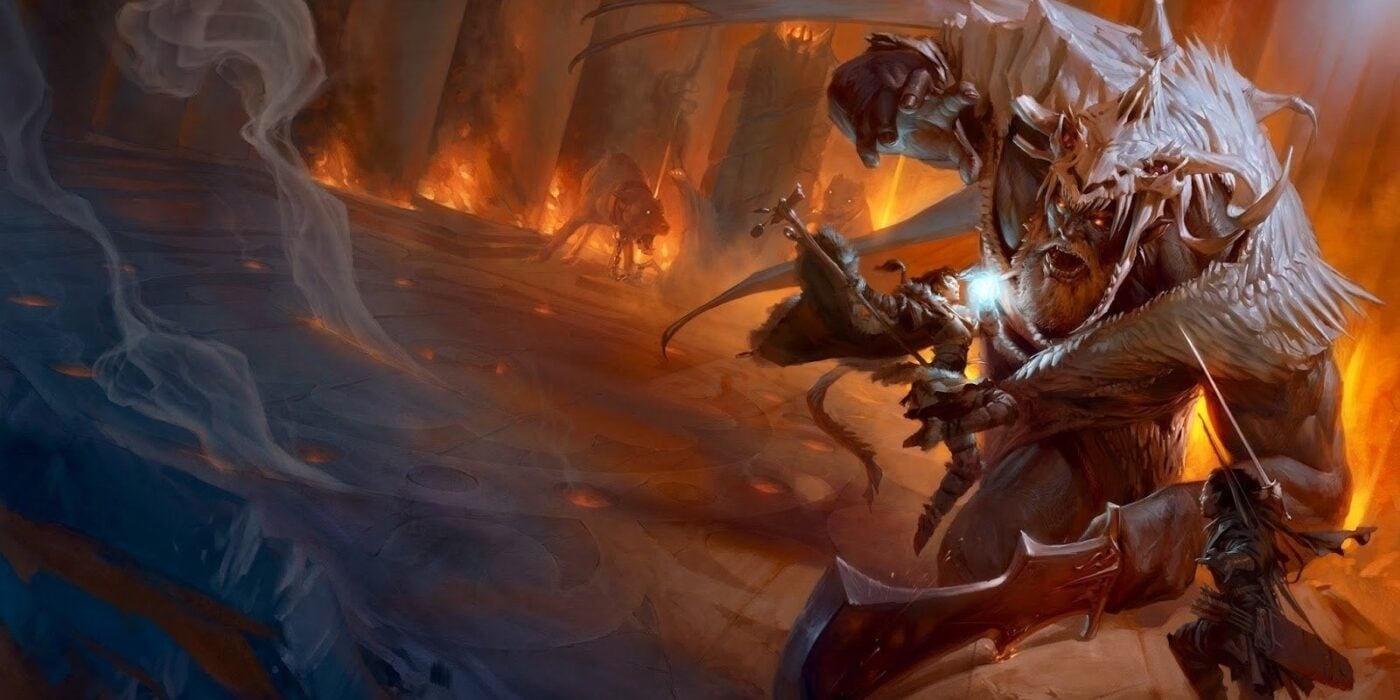

From new Guidance to new rules for Inspiration, One D&D‘s new core rules make the game work the way you were already playing it.
In One D&D’s latest playtest packet, the Expert Classes Unearthed Arcana, we got a look at some core rules changes that bring the game in line with the way many tables already play it. It’s not hard to see why someone would be confused.
D&D’s rules are pretty clean, and the real world is messy because people just don’t have the attention for it. How many times have you had someone yell out “GUIDANCE” the second your DM calls for a skill check? Or asked if you can sneak a Bardic Inspiration in right as the D&D dice are hitting the table.
In the latest One D&D core rules update, that’s how it all actually works. No cheating is necessary.
One D&D Core Rules Updates
Call it reaction-focused rules. Call it a simplification. Whatever it is, many abilities that would get forgotten because they weren’t used before a roll now activate on reaction in response to the roll being made.
From Heroic Inspiration to Guidance to Bardic Inspiration, there’s a whole lot of “roll the dice, then decide if you want to reroll.” But honestly, that’s great. That’s the way many tables play it, whether intentionally house-ruling it or not.
But there are a few changes to ensure these don’t get too out of hand. For instance, take the new and improved Guidance spell.
Once a creature rolls the die for this Spell, that creature can’t benefit from the Spell again until the creature finishes a Long Rest.
Only one boosted roll per in-game day. Heroic Inspiration aka Inspiration aka that extra die you always forget you can roll until it’s too late has been changed too. Now you can spend a point of Inspiration immediately following a roll of the d20.
Which makes it much more likely for a given player to actually use the rules. Inspiration is one of the least utilized rules in vanilla 5E.
Two-Weapon Fighting Fix
Another big fix in the Core Rules update involves two-weapon fighting. At least, Dual Wielding feels like a more viable option. Instead of being irrelevant once you make it past level 3 or so, dual wielding is pretty decent in the current iteration of the playtest.
As it stands now, a dual-wielding character can simply make an extra attack with a light weapon, for free, as part of the Attack Action. Feats and Fighting Styles can improve this attack in all the usual ways. Eventually, you can add your modifier to the offhand attack or make it so that only one of your weapons has to be “light.”
Which is interesting. Previously it was possible to dual wield two longswords or battle axes or whatever else with the right combination of feats. But now, the rules are plain: it’s one weapon with the Light property and then one weapon, with no restrictions. Which could lead to some interesting combinations.
Skill Check? There’s an Action for That
A lot of skill checks or random die rolls where someone might shout out “INSIGHT CHECK” now have more defined rules. Study and Search now have specific, clearly delineated boundaries.
Searching is looking for hidden things. Concealed doors or creatures. Traps. Anything concealed that isn’t there. And the skills you use might be different, depending:
The same goes for Study, which is checking your history and your memory, plus seeing if you can put together details based on whatever skill you decide to roll.
Influence
Finally, one last big core rules update. The “Influence Action.” This is the Social action. It’s trying to influence a creature to do something you request or demand. And it has way more structure than 5E’s loose, naturalistic guidelines.
Now when trying to persuade someone to do something, you determine their attitude. They might be Indifferent, Friendly, or Hostile. Each of these has a specific meaning in the game. For instance, an Indifferent creature might help you, so long as there was no risk to them.
Once you’ve figured that out, figure out how you’re “interacting” with the character you’re Influencing. And from how that goes, the DM determines what kind of check to roll and may give you a bonus or penalty, depending.
Thing

